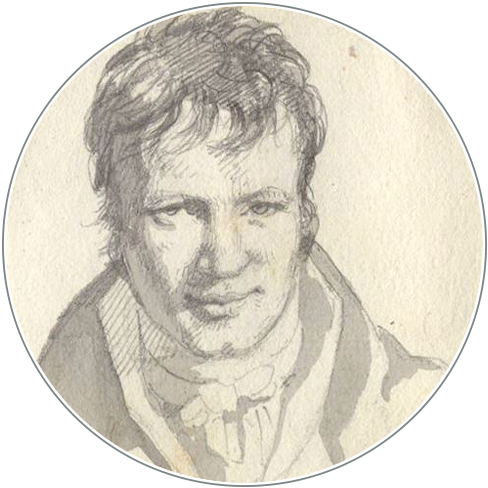En el reino de la ambivalencia. La Cuba de Alejandro de Humboldt (<i>Relation historique du Voyage aux Régions équinoxiales du Nouveau Continent</i>)
DOI:
https://doi.org/10.18443/13Keywords:
1799-1804, Cuba, Relation historiqueAbstract
Abstract
Cuba has a special role in Alexander von Humboldt’s American travel narrative: Humboldt’s experience of colonial slave economy drives his optimistic philosophy, inspired by European Enlightenment, into a crisis, and brings to surface the inherent contradictions of his discourse. This phenomenon is particularly interesting from the perspective of literary criticism: Alexander von Humboldt conceives Cuba as a poetic space, where contradictions and ambivalences coexist. Already on the boat to the island from Venezuela he creates destablizing effects of sensual perceptions. He stages his landing in Havana as a moment of oppositional impressions. Within the symbolic topography of his geographic fantasy, Cuba functions as an imaginary in-between space. And Humboldt’s philosophical and aesthetic terminology undergoes a semantic recoding in Cuba: what was once used in a philosophical and aesthetic sense, now has become charged with an economic and political meaning.
Zusammenfassung
Eine besondere Rolle in Alexander von Humboldts amerikanischen Reisebericht spielt die Insel Cuba. Im Angesicht ihrer kolonialen Sklavereiwirtschaft gerät die optimistische Geschichtsphilosophie der europäischen Aufklärung in eine Krise, und die Widersprüche des Humboldtschen Diskurses treten zutage. Dieses Phänomen läßt sich insbesondere literaturwissenschaftlich analysieren: Alexander von Humboldt entwirft Cuba als einen poetischen Raum, in dem alles mehrdeutig wird. Der Text gestaltet bereits die Annäherung während der Überfahrt aus Venezuela dramaturgisch als Irritation der Wahrnehmung; der Landgang in Havanna wird inszeniert als Kontrast gegensätzlicher Eindrücke; die symbolisch-topographische Funktion Cubas in Humboldts geographischer Imagination ist eine in verschiedener Hinsicht intermediäre; und sogar Humboldts philosophisch-ästhetische Terminologie erfährt in Cuba eine semantische Aufladung mit einem ökonomisch-politischen Doppelsinn.
Published
How to Cite
Issue
Section
License
Copyright (c) 2001 Oliver Lubrich

This work is licensed under a Creative Commons Attribution-NonCommercial 4.0 International License.
HiN operates under a Creative Commons-Licence (CC BY-NC 4.0), which permits the reproduction of articles, free of charge, for non-commercial use only and with the appropriate citation information. All authors publishing with HiN accept these terms of publication.
Authors retain the copyright for their articles and reviews. Copyright of the layout and design of HiN articles remains with the journal and cannot be used in other publications.









